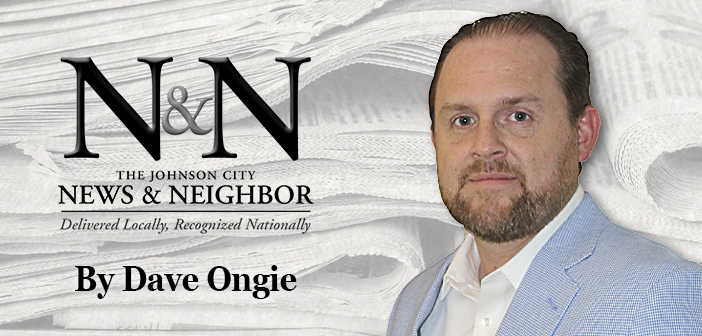The United States Senate passed a bill last week to make daylight saving time permanent.
The “Sunshine Protection Act” sailed through the Senate unanimously and was then sent on to the House of Representatives. If our Congresspeople pass it, the signature of President Joe Biden would put an end to the back-and-forth we all experience each fall and spring.
That could happen in a matter of days, but in true government fashion, the bill still wouldn’t take effect until November of 2023. The wheels of government do indeed move slowly.
I rarely endorse a piece of legislation, but I’m going to come out strongly in favor of the bill that passed the Senate.
Falling back gives you an extra hour of sleep, but you lose an hour of daylight at the end of the day. There’s nothing more depressing than leaving the office on a December evening right when it’s getting dark. Springing forward gives you that extra hour of sunlight back, but you have to trade a precious hour of sleep for it. It’s a lose-lose proposition we all endure twice a year.
You’d think keeping the clock where it is at would be something most everyone could agree on. Polling shows that just 16 percent of Americans want to change their clocks twice a year, with 63 percent against time changes and the other 21 percent presumably too busy watching Netflix to be bothered.
But in this contentious political climate, even the time of day is enough to provoke folks to draw battle lines in the sand.
Beth Ann Malow, a professor of neurology and pediatrics (aka, sleep expert), at Vanderbilt Medical Center came out against the move, and she came out swinging. Springing ahead is connected with “serious negative health effects,” Malow wrote in an op-ed, citing a report she co-authored that claimed increased strokes, heart attacks and teen sleep deprivation could be tied to springing forward.
Malow argues we should stick with standard time all year round on the basis morning sunlight helps set the body’s natural rhythms. With all due respect, I disagree with Malow’s findings. Years of personal research have led me to conclude that sunlight doesn’t set the body’s natural rhythms in the morning. Only coffee can do that.
Matt Ford with the New Republic countered by writing daylight saving time wasn’t to blame for negative health effects folks experience after springing forward – arbitrarily changing the clocks twice a year was to blame. He cited evidence that car crashes increase by 6 percent in the week after the clocks move ahead an hour.
“It turns out that disrupting Americans’ sleep habits en masse and then asking them to operate heavy machinery at high speeds is not conducive to public safety,” he wrote.
Other opinions from news organization read like a Greek chorus of dissent, approval and cynicism.
The Chicago Sun-Times penned an editorial arguing that daylight saving time might not be right for America, ironic since the publication has the word “Sun” right smack dab in the middle of its name. CBS news hopefully reported that Sam Lyman, policy director of the Orrin G. Hatch Foundation, believes switching to daylight saving time all year could “jump-start” the economy by boosting consumer spending and shifting energy consumption.
NBC news warned of the “far-reaching effects” permanent daylight saving time could have on everything from health to education. Meanwhile, the folks in Arizona reminded everyone that they climbed off the merry-go-round in 1967 when they decided to stick with standard time year round. I’m not sure how much that decision can be attributed to the high concentration of retirees in Arizona who are free to set their clocks to whatever time they identify with.
Many cynics have been quick to remind everyone who’ll listen that we’ve tried this before, and it didn’t stick. Daylight saving time was made permanent during World War I and World War II in an effort to conserve energy.
Richard Nixon trotted it out again during the energy crisis of the 1970s, but to no avail. The optics of children walking to school with flashlights during the winter soured public opinion on the experiment, and the Watergate scandal put the final nail in the coffin.
Despite all of that, I think the time has come for permanent daylight saving time. Research tells us our smartphones and other electronic devices have destroyed our circadian rhythms already, and a two-year pandemic has thrown all our other routines out of whack.
So tell Siri to contact your elected representatives and tell them to keep government’s hands off our clocks. All this springing and falling is for the birds.




